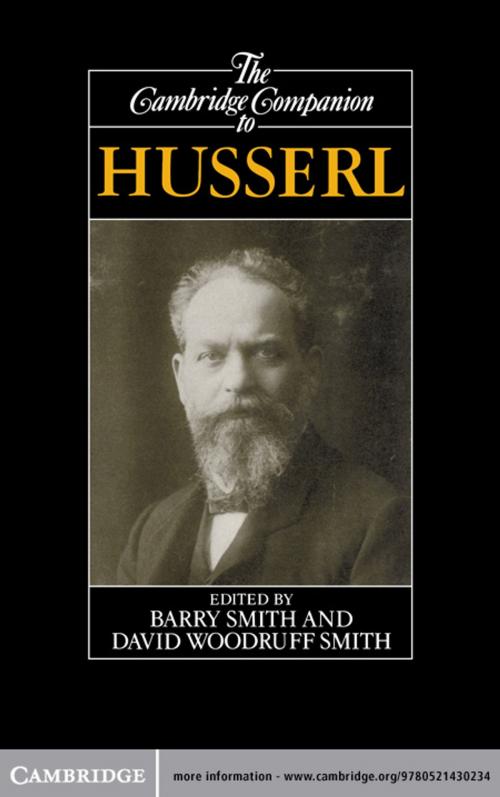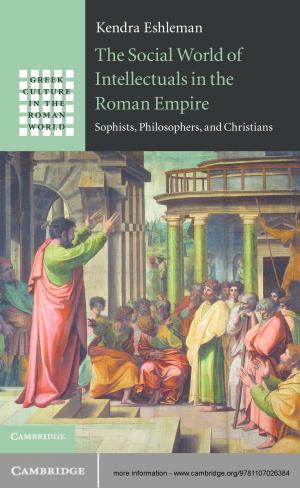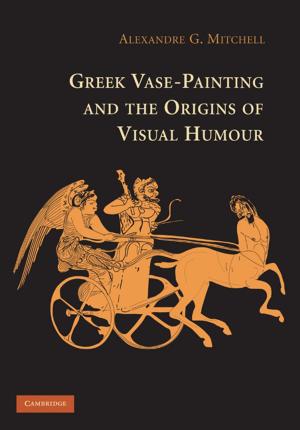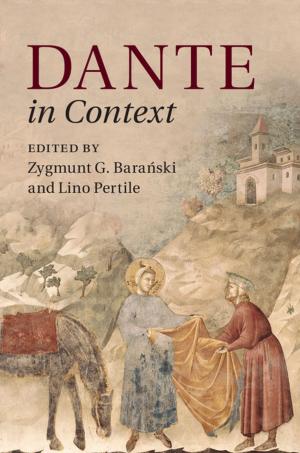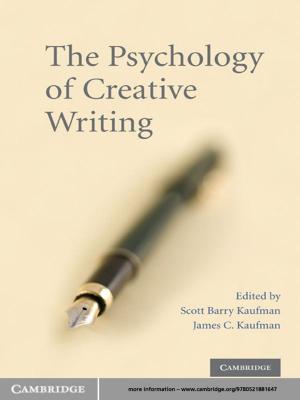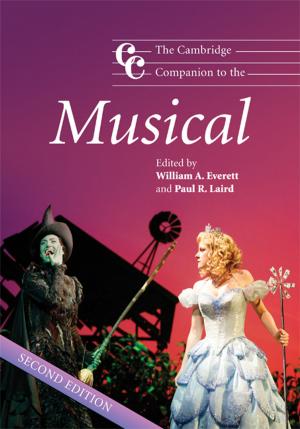The Cambridge Companion to Husserl
Nonfiction, Religion & Spirituality, Philosophy, Phenomenology, Modern| Author: | ISBN: | 9781139815222 | |
| Publisher: | Cambridge University Press | Publication: | May 26, 1995 |
| Imprint: | Cambridge University Press | Language: | English |
| Author: | |
| ISBN: | 9781139815222 |
| Publisher: | Cambridge University Press |
| Publication: | May 26, 1995 |
| Imprint: | Cambridge University Press |
| Language: | English |
The essays in this volume explore the full range of Husserl's work and reveal just how systematic his philosophy is. There are treatments of his most important contributions to phenomenology, intentionality and the philosophy of mind, epistemology, the philosophy of language, ontology, and mathematics. An underlying theme of the volume is a resistance to the idea, current in much intellectual history, of a radical break between 'modern' and 'postmodern' philosophy, with Husserl as the last of the great Cartesians. Husserl is seen in this volume as a philosopher constantly revising his system in order to be able to integrate philosophy with ideas emanating from science and culture. The so-called rift between analytic and 'continental' philosophy emerges as an artificial construct.
The essays in this volume explore the full range of Husserl's work and reveal just how systematic his philosophy is. There are treatments of his most important contributions to phenomenology, intentionality and the philosophy of mind, epistemology, the philosophy of language, ontology, and mathematics. An underlying theme of the volume is a resistance to the idea, current in much intellectual history, of a radical break between 'modern' and 'postmodern' philosophy, with Husserl as the last of the great Cartesians. Husserl is seen in this volume as a philosopher constantly revising his system in order to be able to integrate philosophy with ideas emanating from science and culture. The so-called rift between analytic and 'continental' philosophy emerges as an artificial construct.
